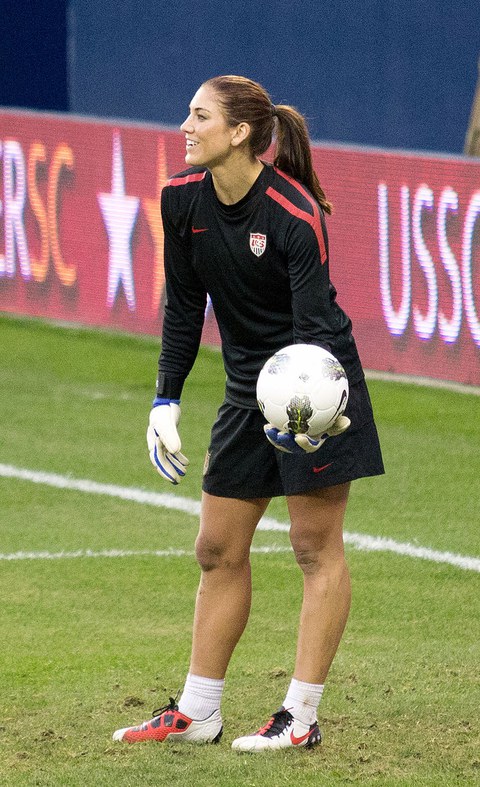BA and MA colloquium
BA and MA colloquia are held as defenses of final theses. On this page you will find information on the procedure for BA and MA colloquia at the Chair of Political Systems and Comparative Politics as well as some tips for a successful defense.
Procedure
The following procedure at the Chair of Political Systems and System Comparison results from the guidelines to be downloaded above:
- According to the amended § 4 (3) 3. of the examination regulations, the colloquium is only completed after submission and - if time permits - after evaluation of the thesis. The colloquium therefore takes the form of a defense of the submitted and - as a rule - already assessed thesis.
- For this purpose, the examination candidate must obtain the reviews of the thesis reviewers in preparation for the colloquium - usually via the secretary's office.
- The defense takes place as follows:
- Presentation of the thesis (5 to 10 minutes): The examination candidate states the question of the thesis, briefly justifies the importance of an answer to it and then briefly (!) outlines the central statements of the answer developed. In doing so, he/she also explains the originality of the work performed.
- Discussion of the reviewers' criticism (5 to 10 minutes): The examination candidate critically discusses the reviewers' objections to his/her thesis.
- Question and answer session (15 to 25 minutes): The thesis supervisor and, if applicable, other examiners and the assessors ask questions of the examination candidates. These relate to the content of the thesis and the statements made by the examination candidates during the presentation. Afterwards, other people present may also ask questions at the discretion of the supervisors.
- Assessment: The supervisor and, if necessary, other examiners and assessors present then discuss the examination performance. They apply the following criteria in particular:
- How well did the examination candidate fulfill the above-mentioned tasks, both in terms of content and presentation style - with technical support if necessary?
- How competently did the examination candidate respond to the objections raised in the expert reports and the questions presented in the colloquium, particularly with regard to comprehension and argumentation skills?
- How well was the examination candidate able to understand the analytical categories used in the work, requested by the reviewers or brought into play by the questioners in the colloquium and relate them to their own subject area?
- How much ability to abstract from the specific subject matter and to generalize the insights gained was evident?
- How good was the candidate's language and rhetorical style?
- At the end of this consultation, the supervisor determines the grade for the BA or MA colloquium and informs the examination candidate of this.
- The dates are coordinated with the chair's secretary's office and usually take place during the lecture period as part of the chair's colloquium. In exceptional cases, the examination can also be held outside the lecture period. (Note: The supervisor will only ensure that the colloquium is held in a way that is conducive to the further study or career planning of the examination candidates if the examination candidates have also met the necessary deadlines).
- Unless otherwise requested by the examination candidates, the colloquium is open to the institute. If the supervisor agrees, guests invited by the examination candidate are also permitted. All students who wish to take part in a colloquium themselves are strongly advised to attend the colloquium of fellow students beforehand.
- The time and place of the colloquia as well as the names of the examination candidates are announced publicly by the institute, as is the public or non-public nature of a colloquium.
Tips for a successful defense

Ohne Torschüsse keine Paraden. Verteidigungen sind kontrovers.
- Really deal with the criticism formulated in the expert opinions and during the colloquium! After all, the subject of the colloquium is not the thesis itself, but precisely this criticism. You should therefore know and understand the points of criticism in the expert reports - and have something to counter them with.
- So be prepared for concisely formulated questions and criticism, because in order to be able to defend a thesis, it must be attacked. Think of yourself as a goalkeeper who is being tested on how he/she saves shots that are not easy to stop. If in doubt, it will be better to really try to "hold the ball" instead of simply giving in to criticism.
- Think of defense as a "practiced science game". Very defensive characters should force themselves to confront the authority of the examination committee in a forceful manner; more offensive types are well advised not to simply shoot down criticism, but to try to counter it constructively. This is because the assessment of this examination focuses on the argumentative and intellectual fluency of the candidates - two skills that you should have acquired during your studies.
